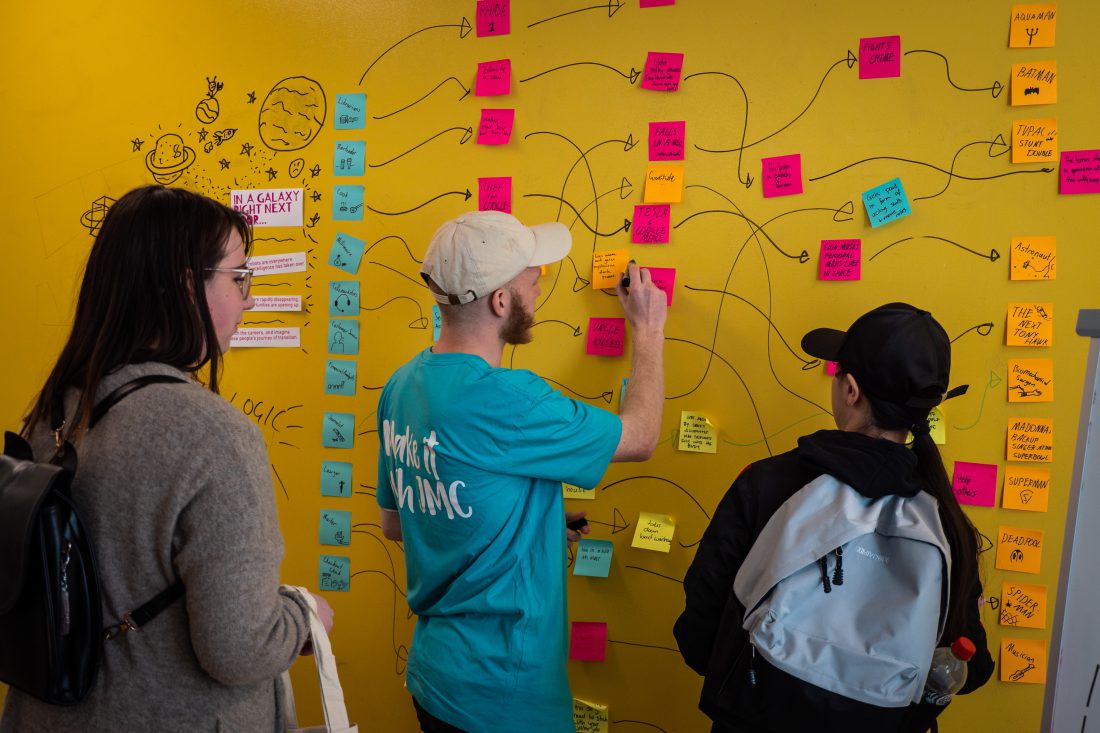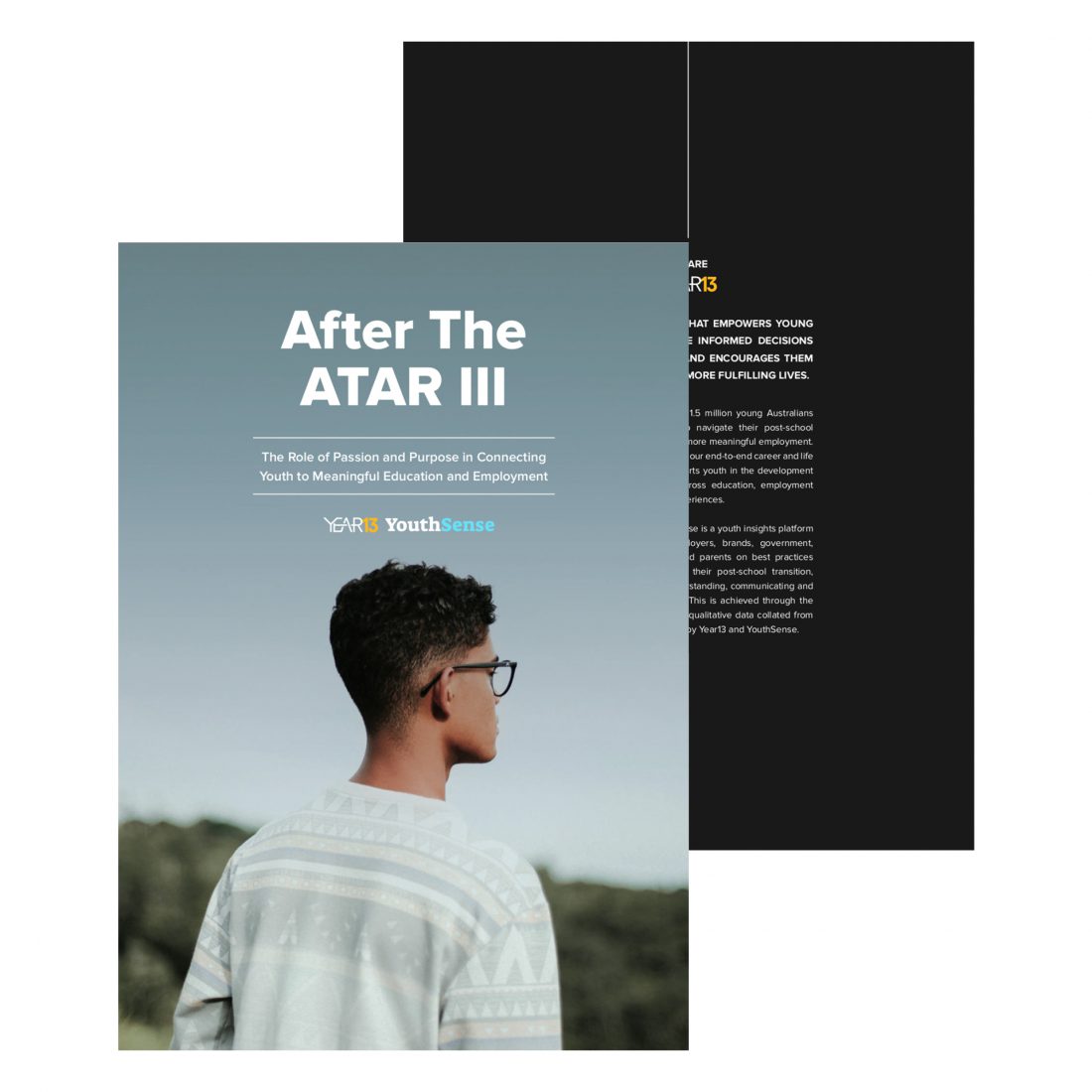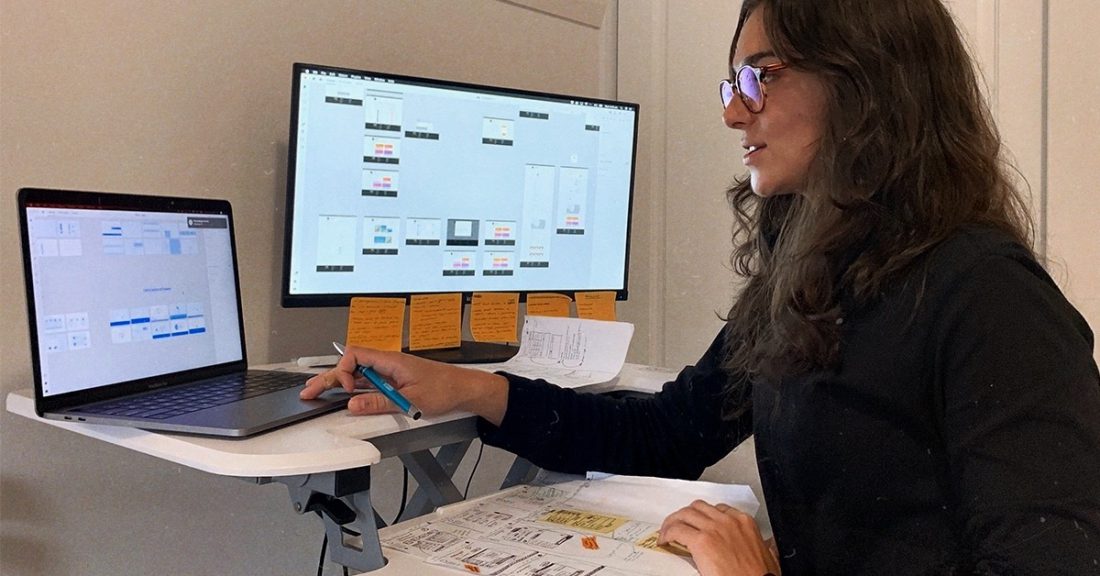
What would you do if your child told you they wanted to be an artist when they grow up?
I bet your immediate thoughts go to “will they make any money” and “how will they survive?” However, what you might not realise is the amount of creative jobs behind all of the content that you consume and even the products in your house.
These days to be a ‘creative’ is a coveted and lucrative career choice.
Most artists now tend to be known as content creators and visual communicators – people such as graphic designers, illustrators and creative directors. They work with brands and organisations to get their story across in a visual medium. As an integral part of every company across almost every industry, artists have found a secure and solid way to profit off their creativity.

This is the case across the entire creative industry, too. Authors moonlight as copywriters for people that aren’t as polished with their words, sound engineers work on ads and apps as often as they work on films, and musicians can make whole careers from ad jingles. And whether you’re trying to host a festival or a business conference, there’s still an events manager behind it all.
Of course, there are the creatives that refuse to dip into the commercial world and are determined to create only art for themselves. But with our increasingly digital world, the opportunities for these artists to have their work seen has grown through platforms such as Instagram, YouTube and online publishers.
Even now as we’re in the midst of a global pandemic, the true value of our creative workers is revealed. Just think about the people behind every form of entertainment that’s kept you sane throughout social isolation. The movies and TV shows you’ve binged. The albums you’ve had on repeat. Even the games that have kept your children (or yourself) distracted from reality were built by artists.
And think of who it was first out there fundraising for the summer bushfires? It was artists.
Passion fuels mental health and productivity
Some parents and teachers may still wonder why they should encourage a creative career over something more traditionally sought after. While it’s true that society will always need more nurses and builders, this point is negligible if the student just isn’t interested in it.
In our After The ATAR III report, we discovered the state of passion in Australian high schools and its relationship with meaningful education and employment outcomes. By matching students with the kind of work they’re truly passionate about, we found that young people are more likely to succeed. Most importantly, we also found they would be happier.
The research shows that when young feel more passionate about a high school subject, 77% spend more time on it, 71% pay more attention in class and 70% get better marks. 75% say passion motivates them to succeed when things get challenging.
One of our survey respondents, an 18-year-old from Victoria, typified this kind of behaviour.
“I found my interests through my school subjects and the incredibly passionate teachers I had for them,” she said.
“Their passion for the subjects they teach inspired me to do extra research outside the study design in order to better understand the subject.”

While a student may not expect to study just the subjects they’re passionate about at school, they do have a choice in what they pursue afterwards. Our data shows that 94% of young people think it’s important to like your job, with 30% of youth saying they have taken days off work due to a lack of motivation for what they do.
Another respondent, a 21-year-old from NSW, said doing subjects they were passionate about meant they “excelled, and it paid off in [their] ATAR.”
“Doing subjects that I was passionate about set me up for university with the attitude that every subject is what I make it.”
But what does this have to do with creativity? Well, from our research the majority of our respondents (56%) said their passion/s fall into the artistic or creative category. This figure was just 43% for academic passions, and 37% for sport or fitness passions.
A creative academy for creative students
If your child is interested in pursuing a creative career, it’s important they receive quality training and education in the right environment. JMC Academy is one of these institutes that have a proven track record in fostering creativity amongst their students – and getting them a job at the end of it.
Brett Morris, creative director and co-founder of Ranger & Fox creative design studio, said studying at JMC Academy “laid a strong foundation for all the necessary skills.”
“Once I left JMC and entered the workforce, nothing felt foreign, I was able to adapt to any production I found myself on, and from the first day felt like I was building upon the momentum that was generated while learning at JMC.”
JMC Academy offer Diplomas and Bachelor’s degrees across the entire spectrum of the creative industry. This includes animation, game design, film and television production, contemporary music performance, entertainment business management, and more.

By offering courses that cater to the entire creative ecosystem, students are exposed to wide range of artists and creative workers that make up the industry. They learn about every piece of the puzzle, including entrepreneurial skills. They may even discover a dream job they hadn’t considered before, like the game design student that ends up working in education crafting games that help children learn.
It’s also interesting to note that JMC Academy also offers courses for careers that aren’t traditionally viewed as ‘creative’ but are just as integral to creative projects. These are your businesspeople, producer, managers and coordinators who may not create the artistic work themselves but are there to make sure the magic happens.
“In my industry, executive producers are a really integral part of the business…they have to have all the soft skills to work with clients yet know all the inner workings of the production side to ensure projects are bid out correctly,” Brett said.
“Doing the ‘creative’ work is one half of the equation. Keeping the engine chugging is where these roles fit in and are incredibly important – and I would say equally creative as well.”
To find out more about studying at JMC Academy, please click here or check out their Experts panel at our Year13 Digital Careers Expo.





